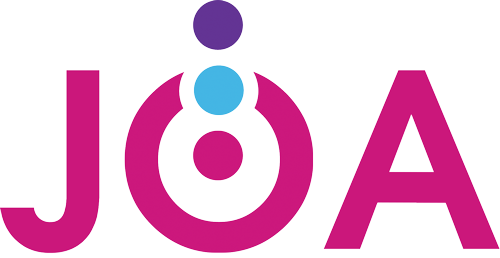Why nasal breathing?
There are several reasons why people may breathe through their mouth instead of their nose. In some cases, mouth breathing may be temporary and caused by a specific condition or situation, while in other cases, it may be a chronic habit leading to snoring.
Some of the common reasons why people breathe through their mouth include:
Nasal congestion: If a person's nasal passages are congested or blocked due to allergies, a cold, sinus infection, or other respiratory condition, they may be forced to breathe through their mouth to get enough oxygen.
Physical obstruction: Sometimes, physical obstructions in the nasal passages, such as a deviated septum, polyps, or enlarged turbinates, can make it difficult to breathe through the nose, forcing a person to breathe through their mouth.
Habitual mouth breathing: Some people develop the habit of breathing through their mouth due to a variety of reasons, such as chronic stress, anxiety, or poor posture. In some cases, mouth breathing may be a learned behavior from childhood.
Sleep apnea: Sleep apnea is a sleep disorder that causes a person to stop breathing briefly during sleep. Mouth breathing is a common symptom of sleep apnea, as the airway may become blocked, causing the person to gasp for air through their mouth.
Exercise: During intense physical activity, such as running or weightlifting, people may naturally switch to mouth breathing to get more oxygen into their lungs.
We encourage everyone to breath from the nose with awareness. Nasal breathing is the act of inhaling and exhaling air through the nose. It is the natural and preferred way of breathing for humans, as our noses are designed to filter, humidify, and warm the air we breathe before it reaches the lungs.
Breathing through the nose has numerous benefits for the body and mind. First and foremost, it helps to filter out harmful particles, such as dust, pollen, and other airborne allergens, that can cause respiratory problems. The nose also contains tiny hairs called cilia, which trap and remove bacteria and other microorganisms from the air we breathe.
In addition to filtering the air, nasal breathing helps to humidify and warm the air, making it easier for the lungs to absorb oxygen. The nose also produces nitric oxide, a gas that helps to dilate blood vessels and improve oxygen uptake in the body.
Nasal breathing is also beneficial for the cardiovascular system. When we breathe through our nose, we activate the parasympathetic nervous system, which slows down our heart rate and helps to lower blood pressure. This can help to reduce the risk of cardiovascular disease and improve overall heart health.
Furthermore, nasal breathing has been shown to improve sleep quality and reduce snoring. When we breathe through our mouth, we are more likely to snore, which can disrupt sleep and lead to fatigue and other health problems.
In summary, nasal breathing is the natural and optimal way of breathing for humans. It helps to filter, humidify, and warm the air we breathe, while also providing numerous health benefits for the body and mind. So the next time you take a deep breath, remember to breathe through your nose and enjoy the many benefits of this simple yet powerful practice.
Join the Posture School Program to learn simple but effective techniques to implement during your day to lengthen your spine, improve gut health and breath more from the nose.

